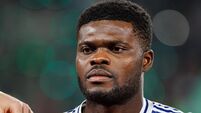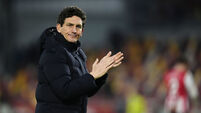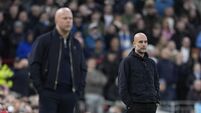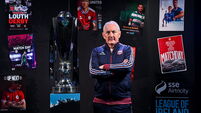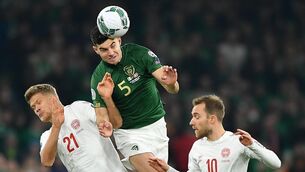Tommy Martin: Officer material in short supply at Arsenal
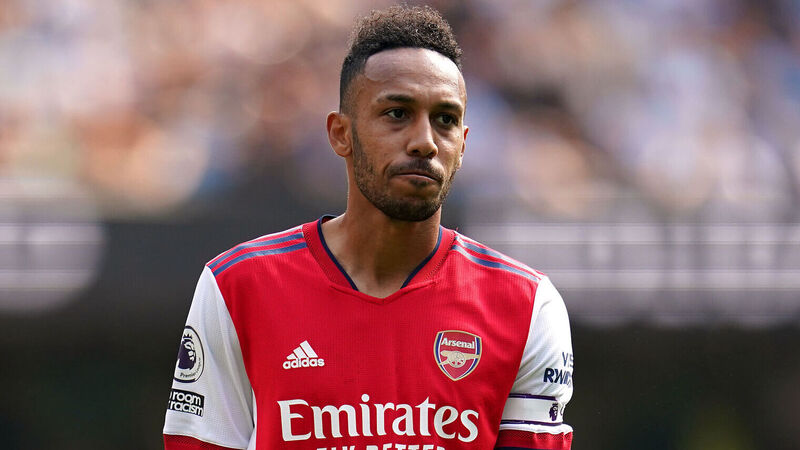
Pierre-Emerick Aubameyang has been stood down as Arsenal captain. Photo: Nick Potts/PA
Roy Keane once observed that the captaincy of a great club was like a brand in itself – a brand within the brand, he called it, something distinct and individual yet representative of the institution.
Ladies and gentlemen, I give you the captaincy of Arsenal Football Club.


